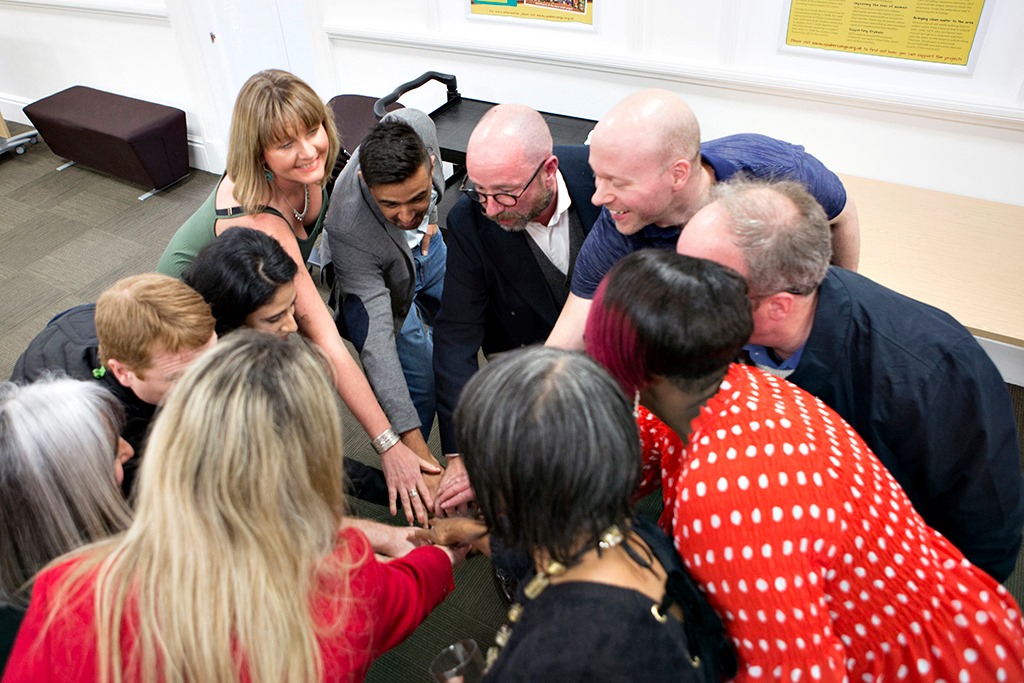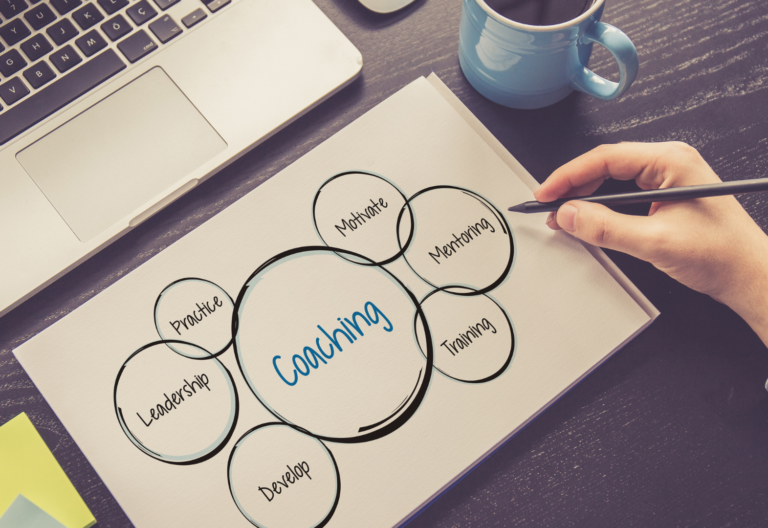I have been training and developing coaches for over twenty years and have been asked many times, ‘What piece of advice would you give to someone starting out on their coaching career?’.
My answer to that question has remained the same throughout those years – ‘Keep sharpening your skills and get yourself a coach of your own.’
Why do I give that advice to someone who is, after all, a trained coach?
Because, as coaches, as professionals, we need to give 100% respect to our clients and to give them nothing less than 100% commitment to quality, professionalism and ethics at all times.
We can do that by ensuring that we stay at the top of our game.
Just as any top sports professional will practice, earn and use the services of a coach, so it is for us. Continuing Professional Development (CPD) is vital to any serious professional coach and is the bedrock for building a solid and successful practice.
So, having given that piece of advice, the comment I hear all too often is, ‘But I’m only just starting out! I can’t afford to pay a coach as well as do my marketing, get a website up and everything else!’.
I get that. I’ve been there myself. So here’s my tip…
There’s safety in numbers.
By that, I mean, form a peer group and that will tick a number of your boxes by enabling you to:
- Give and receive moral support
- Share your challenges and ideas
- Get feedback on things like your social media work
- Practice your skills and techniques
- Support each other with accountability
To help you get started, here is my formula for creating your very own Coach Peer Group.
- Gather a group of like-minded coaches that you know, like and trust
- Aim for a minimum of four and a maximum of seven in your group
- Set very clear boundaries for
- Aim for at least one meeting per month
- Regular attendance – this speaks to commitment
- Confidentiality – keep things in the group
- Mutual respect
- Recording if agreed
- Reporting (are you achieving your goals?)
Structure your meetings to allow for a good mix of practice, discussion and mutual coaching.
The latter is very important because, if you log your sessions, this can go towards your ongoing CPD with your coaching organisation.
A good tip is to have a different group member facilitate each session, thus spreading responsibility AND adding to the learning.
Ralph Watson, Master Coach & Trainer
Start simple by sharing outcomes, hopes, plans and initial obstacles and then go from there.
You may face challenges in the early days as your group forms and bonds.
Those challenges may include shifts in dynamics, commitment issues, and even the possibility of overstepping boundaries. All are common and a normal part of the settling-in process so deal with them as professionals.
Over time, you’ll find that your group will settle into a positive and very supportive routine.
I wish you great success with your peer group and I’m always happy to offer advice.



